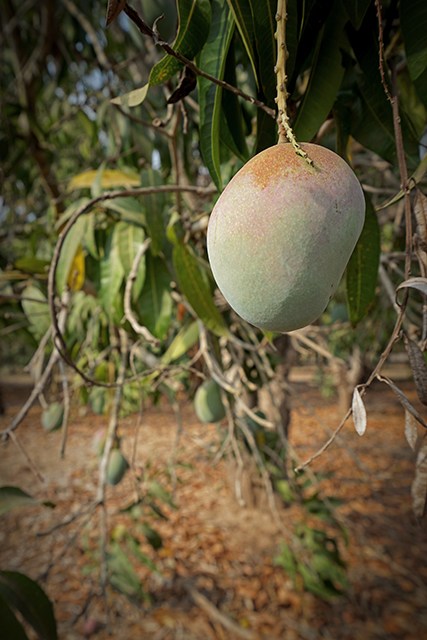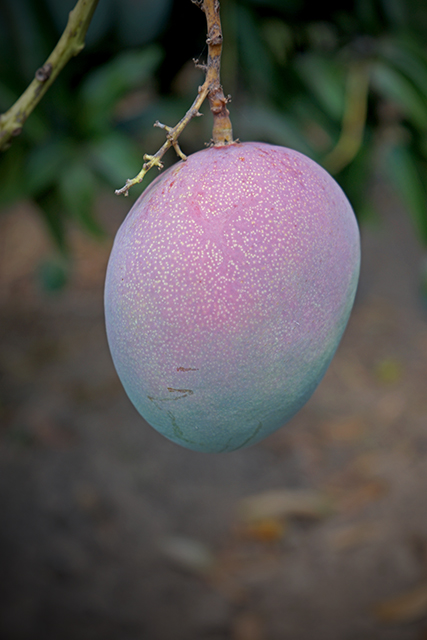Excellent Supplies and Quality Expected From Ecuador & Peru
By Nissa Pierson
Mexican and Californian organic mango crops have enjoyed a long, robust 2017 season, with forecasts for the upcoming Ecuador and Peruvian seasons projecting continued copious supplies. Additionally, extended Mexican and Californian organic crops are filling the supply gaps typical this time of year, which means the market, will enjoy a rare, year-round supply of organic mangoes.
The Mexican organic mango season came to an end last week after experiencing one of the longest seasons on record. The season started shakily in February with light and sporadic volumes due to drought, cold weather, and early storms impacting bloomage and fruit formation.
The season gained footing and larger fruit volumes increased, followed by nationwide summer promotions. Pricing dipped with the sudden excess and had a difficult time recovering. The organic Ataulfo variety was the rising star of the Mexican organic season with a 20 percent increase in demand above prior seasons.
The California Organic Keitt crop started in early August, and is predicted to end November 1st—about 3 weeks later than usual. According to Christie Biddle, fruit buyer for Earl’s Organic Produce, this season’s California organic crop has increased by about 10 percent above last season’s harvest. Organic mango sizing has been more conducive toward retail friendly pricing with smaller fruit more readily available.
October’s normally light organic mango markets enjoyed the extended California fruit season, expected to last until Ecuador product arrives. Ecuador has one of the shortest production seasons with the most difficult demand window, typically peaking in November/December when consumer interest tends to plummet, due to the holidays.
According to Pilot S.A, Ecuador’s leading organic mango exporter and partner of Pacific Organic, the season is running two to three weeks behind schedule, resulting reduced export sales potential. Current cooler weather has elongated the timing between bloom and fruit formation on the Ataulfos and Tommy Atkins organic varietals.

The crop delays are creating conditions for a spike that will yield tremendous volumes in a short two-three week span, according to Ecuadorian producers. This increased peak production is expected to hit the ground in North America around the first week of December.
The increased supplies, should stimulate a plethora of promotional opportunities, with quality and sizing expected to be conducive towards optimal returns.
Currently the first organic exports from Ecuador are en route to North America, and the season should run until mid-January featuring Kent, Tommy Atkins and Ataulfo varietals.
After the traditional holiday dip in mango demand, the market bounces back significantly after the first of the year—thanks to health conscious consumers, eager to put healthy organic resolutions in place for the New Year.
The Peruvian organic Kent mango crop, set to begin around the first of the year is expected to last though March. Although too early to predict total crop specifics, most producers are optimistic, based on the weather and health of the orchards.

Jan Bernhard, founder and managing director of Pronatur, Peru’s leading fair-trade organic mango exporter, expects a good crop with a 10 percent increase in yields. Last years crop was riddled with drought followed by severe rains and flooding at the when El Niño hit hard. Those rains are proving to be beneficial for this year’s crop, yielding better internal maturation and over all a better quality fruit. Sizing expectations appear to be normal and wide yielding.
Bursts of oversupply seem to be the biggest worry with producers in Peru as well as importers here in the USA. Chris Ford, organic category manager at The Oppenheimer Group, concurs, “The market can easily be oversupplied, caused in part by factors that we are not in control of, like port strikes or vessel delays. These periods typically don’t last long but can impact the return to the farmer significantly,” he said.






